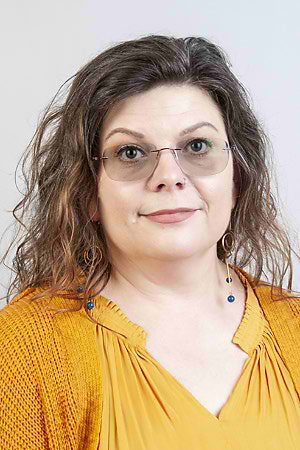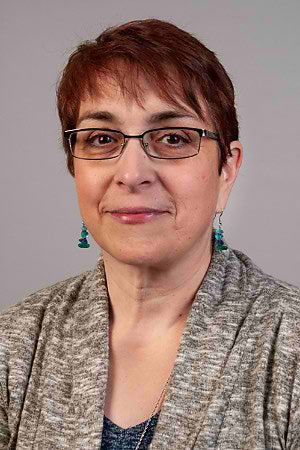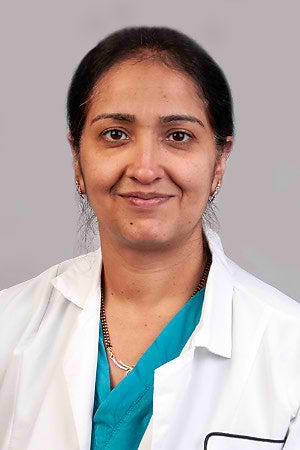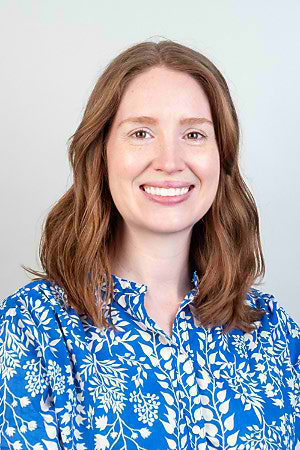Well Woman Visits
Annual Gynecological Exam
Well woman visits are yearly checkups, an important part of our women’s health program. At Bassett Healthcare Network, our well woman visits are designed to promote and maintain your well-being. We focus on three main segments:
- Education and counseling, so that you can make more informed decisions about possible treatments
- Preventive health services, including immunizations
- Screening exams, such as Pap smears, cholesterol panels, and high blood pressure checks, because early detection is often critical to successful treatment
Preparation for a Well Woman Exam
Before your appointment, gather information that will provide a clear picture of your health and background. This includes:
- Your family health history, such as medical conditions, allergies, and medications. If possible, be ready to answer questions regarding the health history of your parents, siblings, aunts, uncles, and grandparents
- Your personal health history, including prescriptions, over-the-counter medicines, supplements, herbal remedies, medical conditions, and allergies
- A list of questions regarding health symptoms you’re experiencing, why you’re taking certain medications, or any other health-related questions on your mind
During Your Well Woman Visit
At the beginning of your well woman visit at Bassett Healthcare Network, our OB-GYNs will take your medical history and ascertain your health practices and risk factors. They will also document helpful information about your lifestyle, mental health, sexual health, reproductive history, medications, and use of alcohol, tobacco, and drugs.
A physical exam will follow, including your height, weight, temperature, blood pressure, breast exam, and pelvic exam with Pap smear. Pap tests should be scheduled as follows:
- Women should have their first Pap smear at age 21, then every three years until age 29
- From age 30-65, women should have a Pap test every five years with an HPV test, or the Pap test alone every three years
- If you test positive for BRCA1, you should receive your first mammogram at age 30
- Some women are advised that they can stop taking Pap tests after age 65
Our preferred Pap smear method is the ThinPrep Pap Test, the most accurate way to detect cervical cancer. From the patient’s perspective, the exam is the same as other Pap tests; the difference is an improved analysis of the sample taken. The ThinPrep Pap Test is available throughout Bassett Healthcare Network. For more information, call 1-800-BASSETT.
Mammograms are screening tests for breast cancer. Women should schedule their first mammogram at age 40, and yearly after that. If someone in your immediate family (mother, father, sister, brother) has been diagnosed with breast cancer, you should start your screenings 10 years prior to the age when they were diagnosed. For example, if your mother was diagnosed at age 42, you should start screening at age 32.
At the conclusion of your OB-GYN annual exam, you may be referred for additional testing, including a mammogram, cervical cancer screening, bone density tests, or colon cancer screening.
Schedule Your Well Woman Visit
A woman’s annual exam includes education and counseling, preventive services, and screening exams such as Pap smears, cholesterol panels, and mammograms. Talk to your primary care practitioner about scheduling your well woman visit, or call 1-800-BASSETT.
Bassett Healthcare Network offers OB-GYN care and well woman visits in Central New York, including Cobleskill, Hamilton, Herkimer, Oneonta, and beyond.
Related Events
 Breastfeeding Class – Online
Breastfeeding Class – Online
Obstetrics & Maternity Care
Breastfeeding Class – Online
Thursday, February 19, 2026
5:30 pm - 7:30 pm
Virtual Event
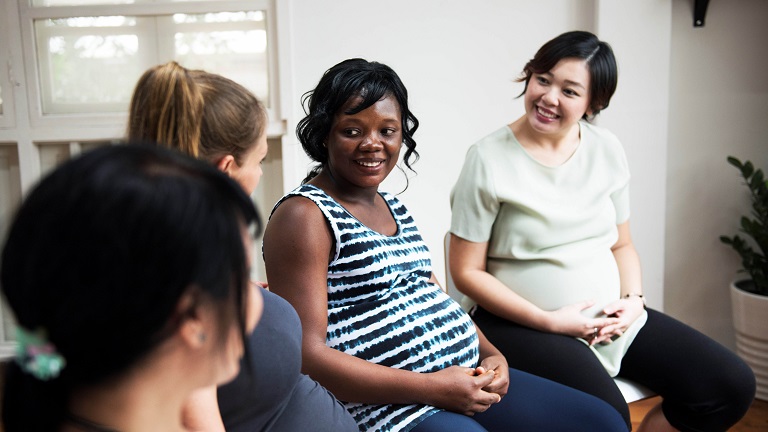 Newborn Care for Expecting Parents – Online
Newborn Care for Expecting Parents – Online
Obstetrics & Maternity Care
Newborn Care for Expecting Parents – Online
Thursday, February 26, 2026
7:00 pm - 9:00 pm
Virtual Event
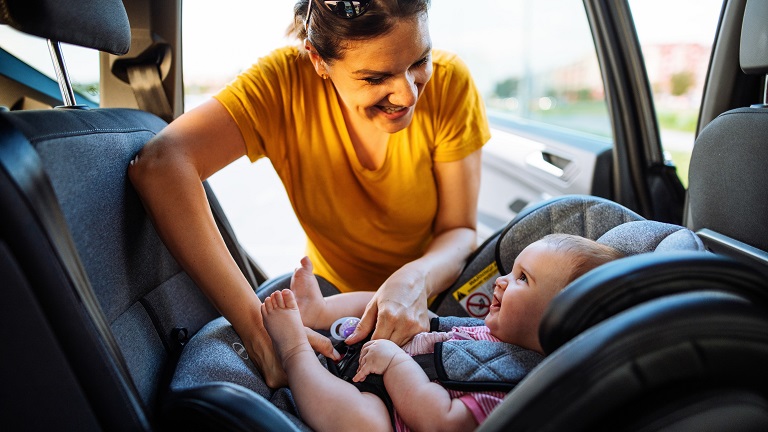 Car Seat Education Class
Car Seat Education Class
Obstetrics & Maternity Care
Car Seat Education Class
Thursday, February 26, 2026
7:00 pm - 8:00 pm
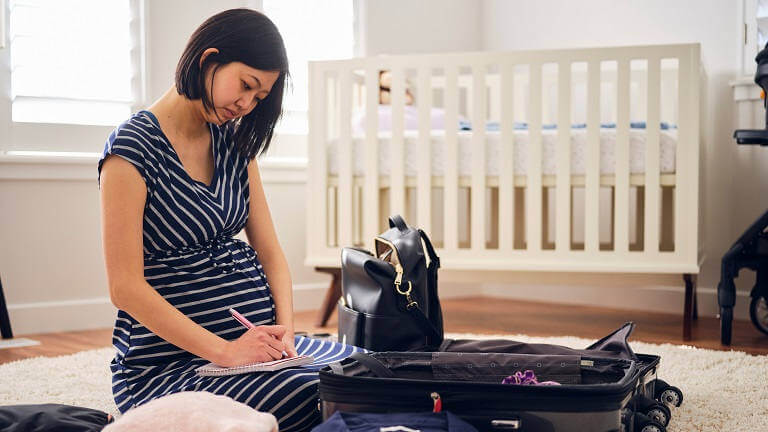 Childbirth Preparation Class in Cooperstown
Childbirth Preparation Class in Cooperstown
Obstetrics & Maternity Care
Childbirth Preparation Class in Cooperstown
Saturday, March 14, 2026
9:30 am - 4:00 pm
 Car Seat Education Class
Car Seat Education Class
Obstetrics & Maternity Care
Car Seat Education Class
Thursday, March 19, 2026
7:00 pm - 8:00 pm
 Childbirth Preparation Class in Cobleskill
Childbirth Preparation Class in Cobleskill
Obstetrics & Maternity Care
Childbirth Preparation Class in Cobleskill
Saturday, March 21, 2026
9:30 am - 4:00 pm
